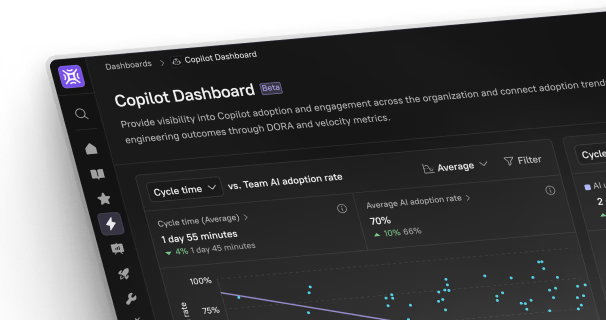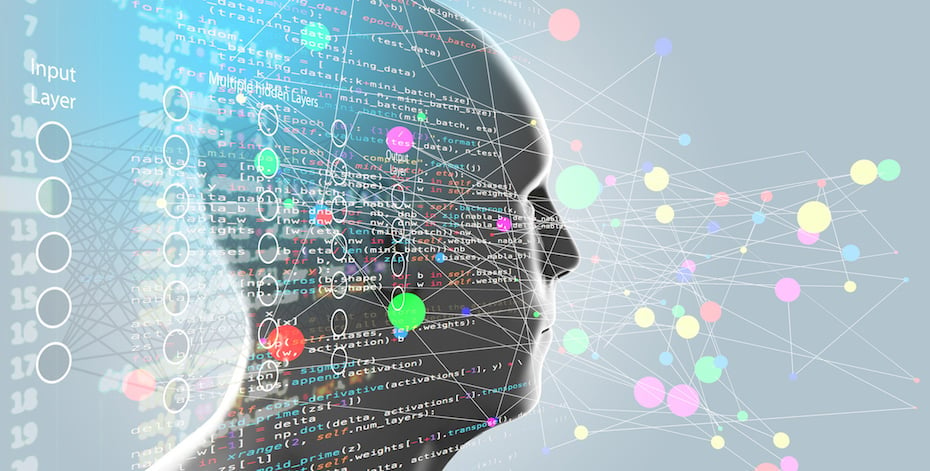Understanding AI Challenges
Artificial Intelligence (AI) is transforming industries, automating tasks, and enhancing decision-making. However, with its rapid growth, AI presents multiple challenges that need careful handling. From data privacy to ethical concerns, businesses must navigate obstacles to leverage AI’s full potential.
Data Privacy and Security Risks
AI systems rely heavily on massive datasets to function effectively. However, handling this data raises serious security concerns.
Key Issues:
-
Data breaches expose sensitive information.
-
Regulatory compliance such as GDPR and CCPA complicates data handling.
-
Bias in data can lead to unfair outcomes, damaging credibility.
How to Mitigate:
-
Implement robust encryption techniques.
-
Use federated learning to process data locally.
-
Conduct regular audits to identify vulnerabilities.
Ethical Dilemmas in AI
AI’s ability to make decisions brings moral questions. What happens when AI systems make unfair or harmful choices?
Ethical Concerns:
-
Bias in AI models can reinforce discrimination.
-
Lack of transparency creates trust issues.
-
Automation replacing jobs raises social concerns.
Solutions:
-
Adopt explainable AI (XAI) principles.
-
Train AI models with diverse datasets.
-
Encourage human-AI collaboration instead of replacement.
AI adoption comes with various challenges, from data privacy concerns to ethical dilemmas in machine learning models. As businesses integrate AI into their operations, they must navigate issues like automation costs and scalability. Additionally, ensuring AI solutions are transparent and unbiased is crucial for ethical implementation, as highlighted in machine learning applications. By investing in innovation and strong governance, companies can overcome AI challenges and drive smarter, more secure solutions.
People Are Always Asking
Can AI Ever Be Fully Trusted?
Trust in AI depends on transparency, fairness, and reliability. Businesses must ensure that AI systems are audited and unbiased.
Will AI Replace Jobs or Create More?
AI automates repetitive tasks, but it also creates new job opportunities in AI ethics, maintenance, and innovation.
How Can Small Businesses Use AI Effectively?
Small businesses can benefit from AI-powered tools like chatbots, predictive analytics, and automation software without needing extensive resources.
AI Implementation Challenges in Business
High Costs of AI Adoption
Implementing AI solutions is expensive due to infrastructure, talent acquisition, and ongoing maintenance.
Possible Solutions:
-
Use cloud-based AI services to cut hardware costs.
-
Partner with AI solution providers to reduce development time.
-
Focus on incremental AI adoption rather than full-scale implementation.
The Talent Shortage in AI
Finding AI experts is challenging due to the limited pool of qualified professionals.
Ways to Overcome:
-
Upskill existing employees with AI training programs.
-
Collaborate with universities for AI research and talent acquisition.
-
Leverage low-code AI platforms for non-experts.
Reviews from AI Experts
Tamer Badr, Founder of Singleclic, on AI Challenges:
“AI presents incredible opportunities, but it’s not a magic solution. Businesses must approach AI with a solid strategy, ensuring ethical considerations and proper implementation.”
Expert Reviews:
-
Dr. Jane Smith, AI Researcher: “Bias in AI remains a major challenge, requiring more diverse training datasets.”
-
Michael Johnson, AI Consultant: “Many companies underestimate the importance of explainability in AI applications.”
Addressing AI Challenges: A Roadmap for the Future
Step 1: Develop Ethical AI Policies
-
Implement AI governance frameworks.
-
Establish clear accountability for AI decisions.
Step 2: Invest in Robust AI Infrastructure
-
Choose scalable cloud-based AI solutions.
-
Regularly update and monitor AI systems.
Step 3: Educate and Train Teams
-
Promote continuous AI learning.
-
Encourage cross-functional collaboration for AI-driven innovation.
Internal Links for Further Reading
Frequently Asked Questions
What is the biggest challenge in AI today?
-
Bias in AI models and lack of explainability are major hurdles.
Can AI completely replace human decision-making?
-
AI can assist decision-making but cannot replace human intuition and ethics.
How can businesses ensure AI compliance with regulations?
-
By following GDPR, CCPA, and other global AI ethics guidelines.
AI is a double-edged sword—full of potential but fraught with challenges. By adopting responsible AI practices, businesses can harness its power while mitigating risks.









